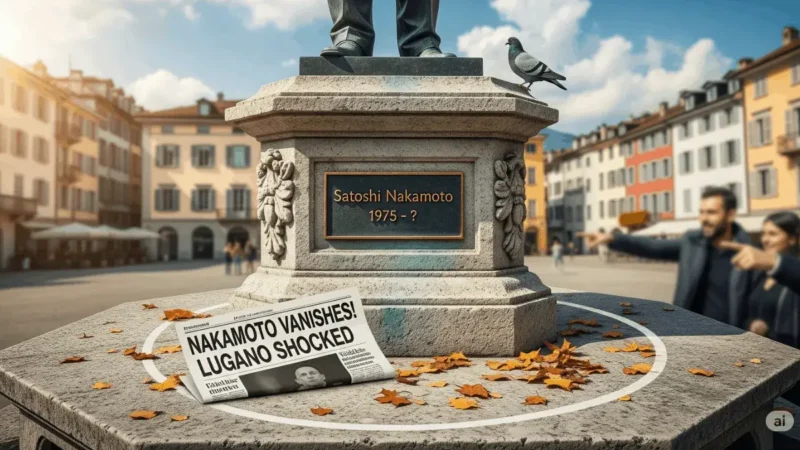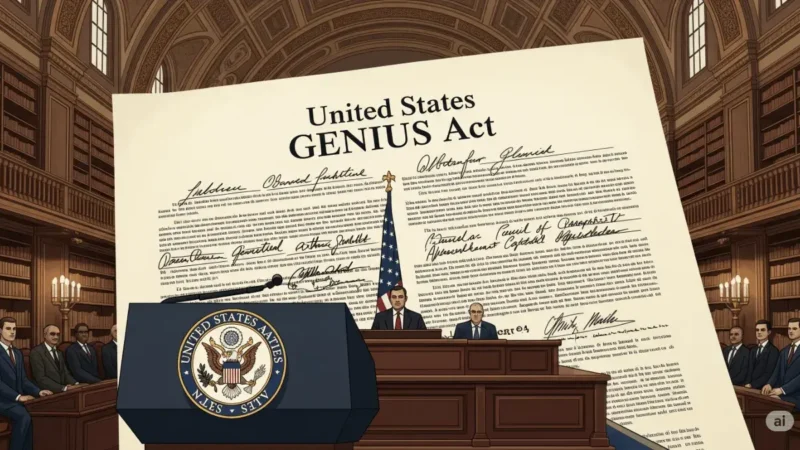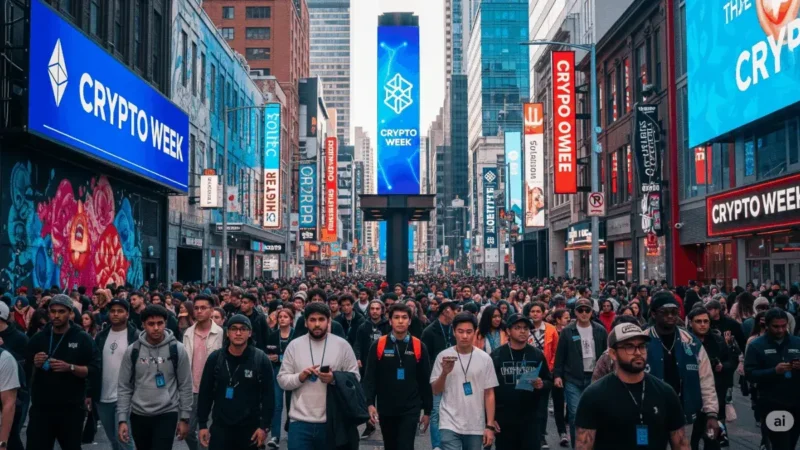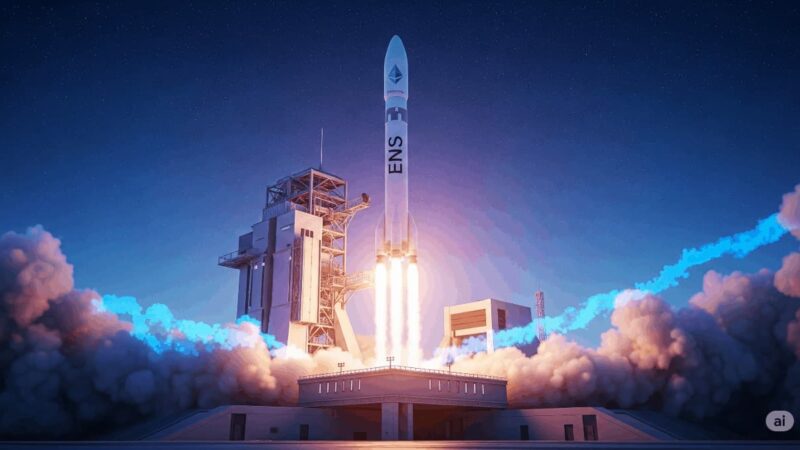Michael Saylor’s Bold Plan: U.S. Should Acquire 20% of Bitcoin’s Supply
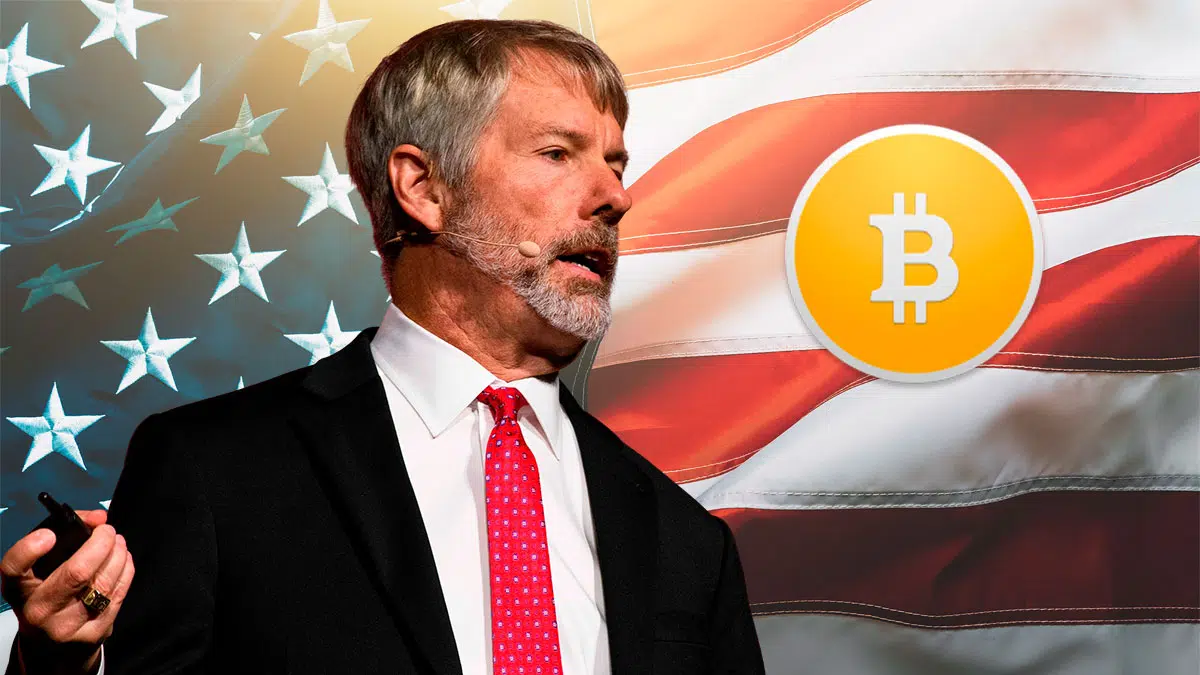
Michael Saylor, a leading advocate for Bitcoin and the founder of MicroStrategy, has made a groundbreaking proposal that could reshape the global financial landscape. Speaking at the Conservative Political Action Conference (CPAC), Michael Saylor urged the U.S. government to purchase 20% of Bitcoin’s total supply, approximately 4.2 million Bitcoins.
His reasoning? This strategic move could provide the U.S. with a financial edge, hedge against inflation, and reinforce the nation’s position as a dominant economic force. As digital assets continue to gain mainstream adoption, Saylor believes that failing to act could leave the U.S. at a disadvantage.
Understanding Michael Saylor Proposal
At the heart of Michael Saylor’s argument is the idea that Bitcoin is the world’s most valuable digital asset. Unlike fiat currencies, which are subject to inflation, Bitcoin’s fixed supply of 21 million coins makes it a scarce and deflationary asset.
According to Michael Saylor, the U.S. should establish a strategic Bitcoin reserve, similar to how nations store gold. By acquiring 4.2 million Bitcoins, the country would not only gain a financial safeguard but also secure a significant portion of the global Bitcoin market.
This proposal reflects Michael Saylor’s long-standing belief that Bitcoin is digital gold—a superior alternative to traditional monetary assets. He suggests that if the U.S. fails to act, other nations might seize the opportunity, diminishing America’s influence in the financial world.
Why the U.S. Should Consider Buying Bitcoin
1. Hedging Against Inflation
One of the strongest arguments made by Michael Saylor is Bitcoin’s role as a hedge against inflation. Unlike the U.S. dollar, which can be printed indefinitely by the Federal Reserve, Bitcoin’s supply is capped. This makes it resistant to devaluation and economic instability.
With rising concerns over inflation and monetary debasement, Michael Saylor believes that securing Bitcoin reserves would provide long-term economic stability.
2. Strengthening Financial Stability
Holding a significant Bitcoin reserve could protect the U.S. from financial crises. During economic downturns, Bitcoin’s decentralized nature offers a unique advantage: it isn’t controlled by any single entity, making it resilient in times of uncertainty.
If the U.S. adopts Michael Saylor’s vision, it could help insulate the economy from external shocks, similar to how gold reserves have been used in the past.
3. Gaining a Competitive Edge Over Other Nations
As digital currencies continue to grow in influence, Michael Saylor warns that countries failing to recognize Bitcoin’s value could be left behind. If the U.S. were to acquire 20% of Bitcoin’s supply, it would solidify its leadership in the digital asset space.
Nations such as China and Russia have been exploring digital currency initiatives. By embracing Michael Saylor’s proposal, the U.S. could position itself as a leader in the Bitcoin economy, attracting innovation and investment.
How Would This Impact Bitcoin’s Price?
If the U.S. were to start purchasing Bitcoin on such a large scale, the price would likely skyrocket. Bitcoin operates on a supply-and-demand model—when demand surges, so does the price.
Here’s what could happen if the government follows Michael Saylor’s recommendation:
- Bitcoin’s value could increase significantly, rewarding early investors.
- Market confidence in Bitcoin would rise, leading to increased adoption.
- Other nations might start accumulating Bitcoin, creating global competition.
Given Bitcoin’s current market structure, Michael Saylor’s plan could create a historic financial shift.
Challenges & Feasibility of the Plan
While Michael Saylor’s vision is bold, there are challenges to consider:
1. Government Skepticism
Bitcoin is still viewed with caution by many policymakers. Regulatory concerns, price volatility, and the decentralized nature of Bitcoin could make some officials hesitant to adopt Michael Saylor’s strategy.
2. Acquiring 4.2 Million Bitcoins is Difficult
With Bitcoin’s increasing scarcity, purchasing such a large amount would not be easy. Governments typically buy assets through regulated channels, and Bitcoin’s decentralized market structure presents logistical challenges.
3. Market Disruptions
A large-scale government acquisition could disrupt the Bitcoin market. If the U.S. started aggressively purchasing Bitcoin, it might trigger speculative buying, causing extreme price swings.
Despite these challenges, Michael Saylor believes that the long-term benefits outweigh the risks.
Would Other Countries Follow Suit?
If the U.S. executes Michael Saylor’s plan, other nations may respond by building their own Bitcoin reserves. This could lead to a global race for Bitcoin dominance.
Countries like El Salvador have already adopted Bitcoin as legal tender, and Michael Saylor argues that major economies will eventually have to recognize its strategic importance.
A scenario where multiple countries compete for Bitcoin could:
- Increase its global adoption
- Further legitimize it as an asset class
- Create a new era of financial diplomacy centered around Bitcoin
The Future of Bitcoin in the U.S.
Whether or not the U.S. government follows Michael Saylor’s recommendation, Bitcoin is likely to play a growing role in financial markets. The increasing adoption of Bitcoin ETFs, corporate treasury investments, and institutional interest signal that Bitcoin is here to stay.
If the government were to act on Michael Saylor’s vision, it would mark a significant shift in financial policy—one that could redefine the nation’s economic strategy for decades to come.
Stay informed, read the latest crypto news in real time!
Conclusion
Michael Saylor’s proposal for the U.S. to acquire 20% of Bitcoin’s total supply is an ambitious and provocative idea. While the feasibility of such a move remains uncertain, the rationale behind it is compelling.
Bitcoin’s limited supply, decentralization, and growing adoption make it a valuable financial asset. Michael Saylor argues that securing a strategic Bitcoin reserve could protect the U.S. economy, hedge against inflation, and reinforce the nation’s dominance in global finance.
Whether policymakers act on Michael Saylor’s advice remains to be seen. However, one thing is clear—Bitcoin’s role in the financial system is becoming impossible to ignore.


